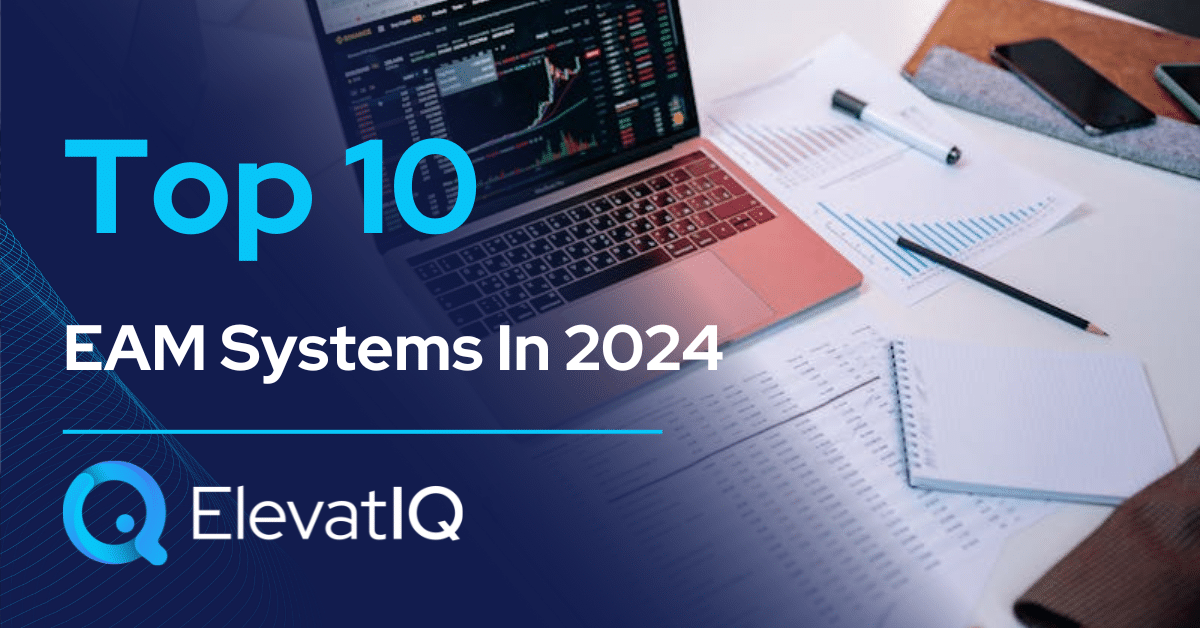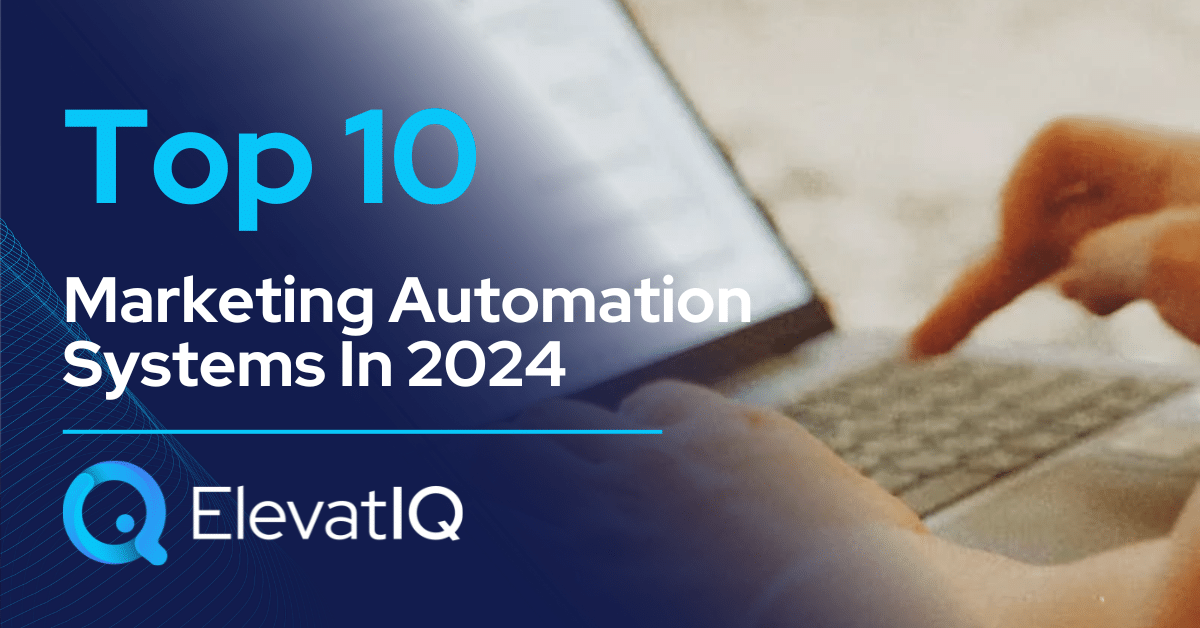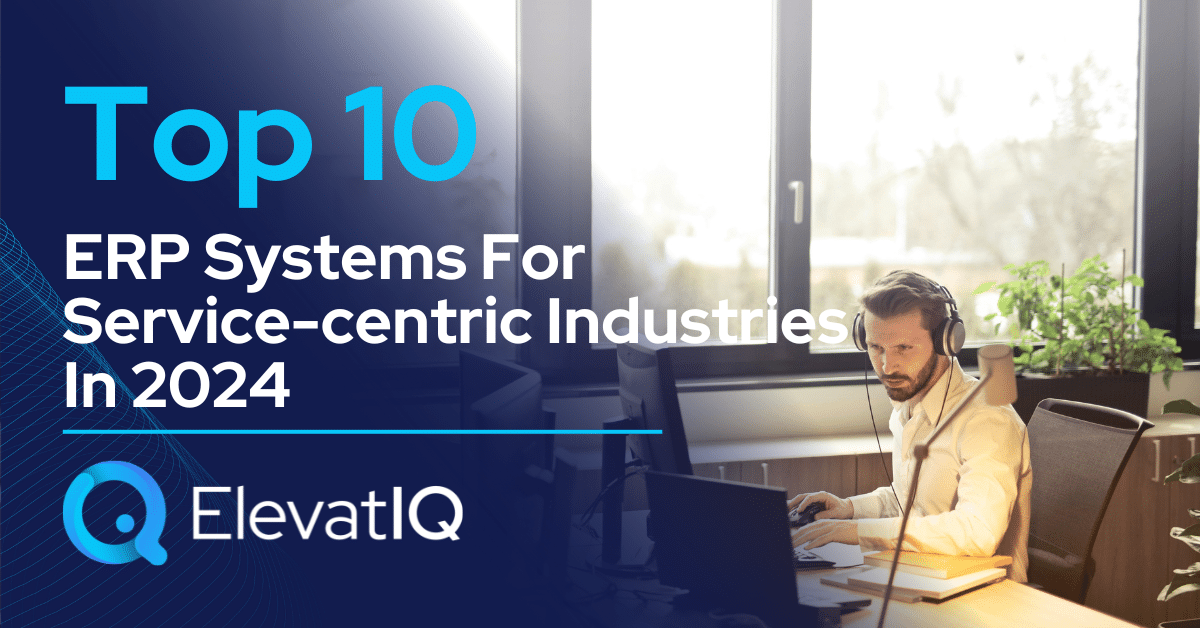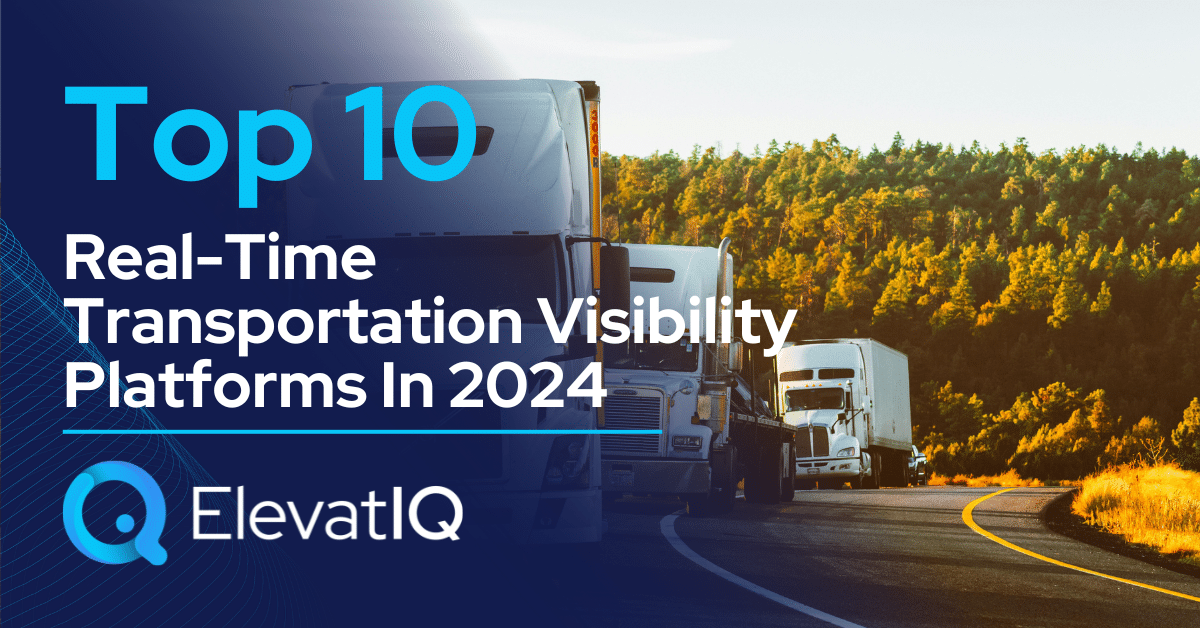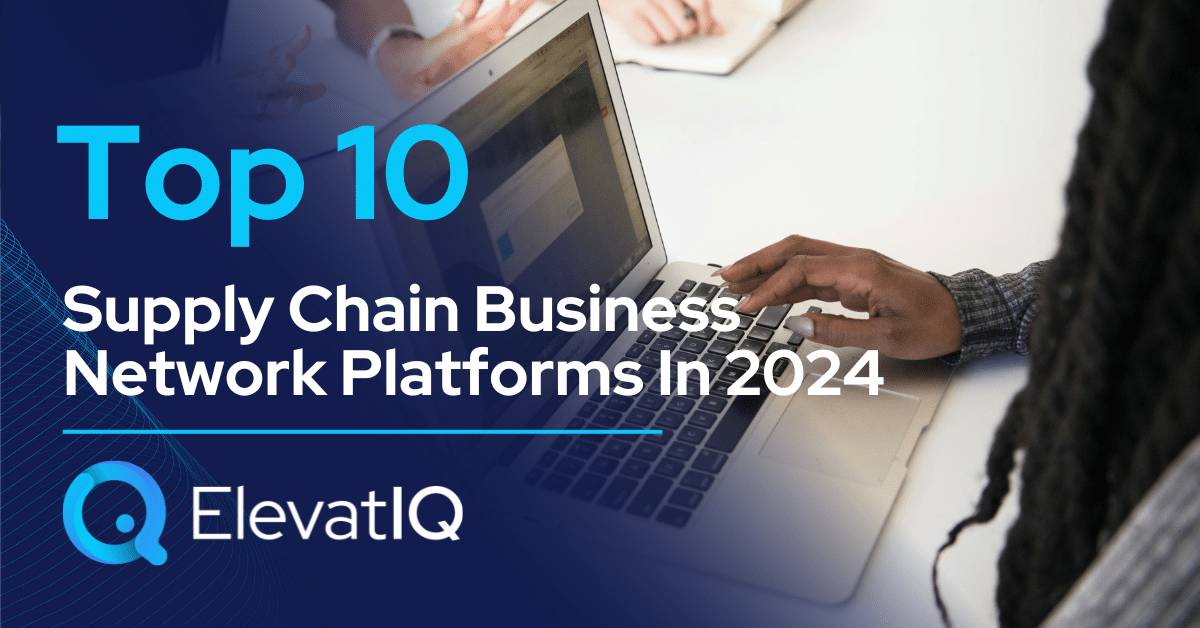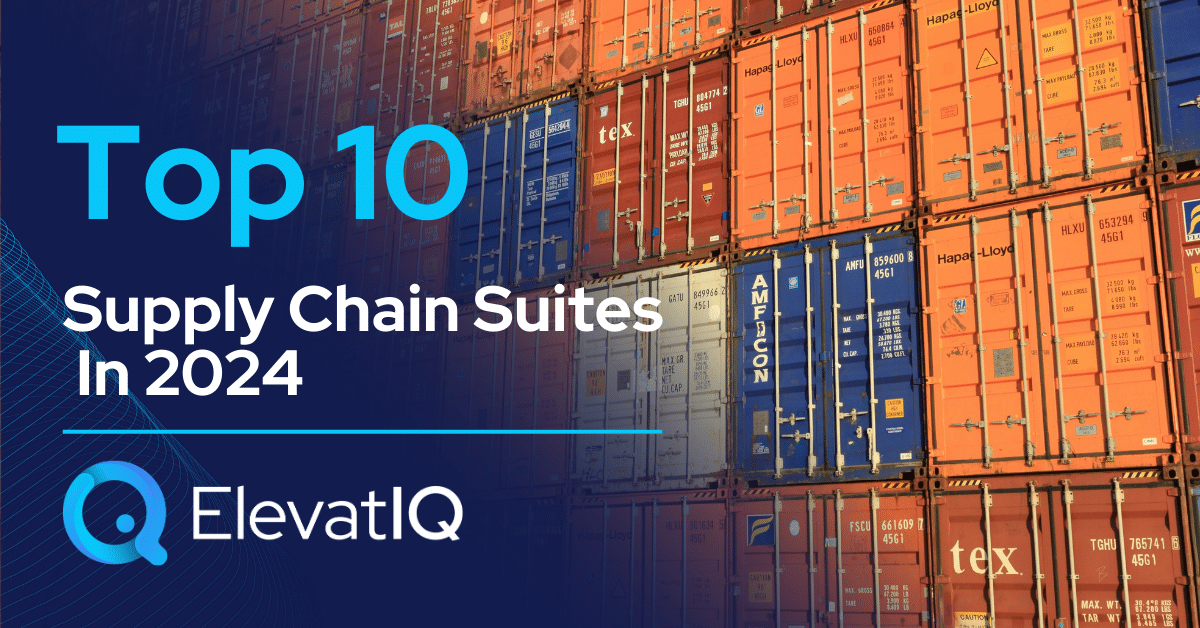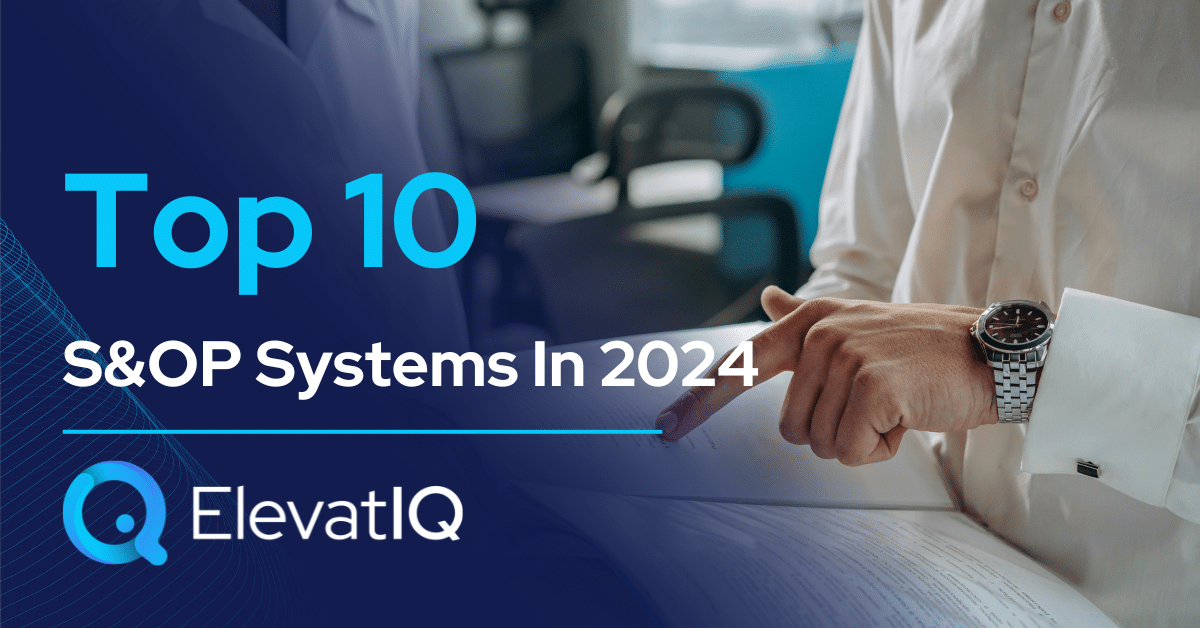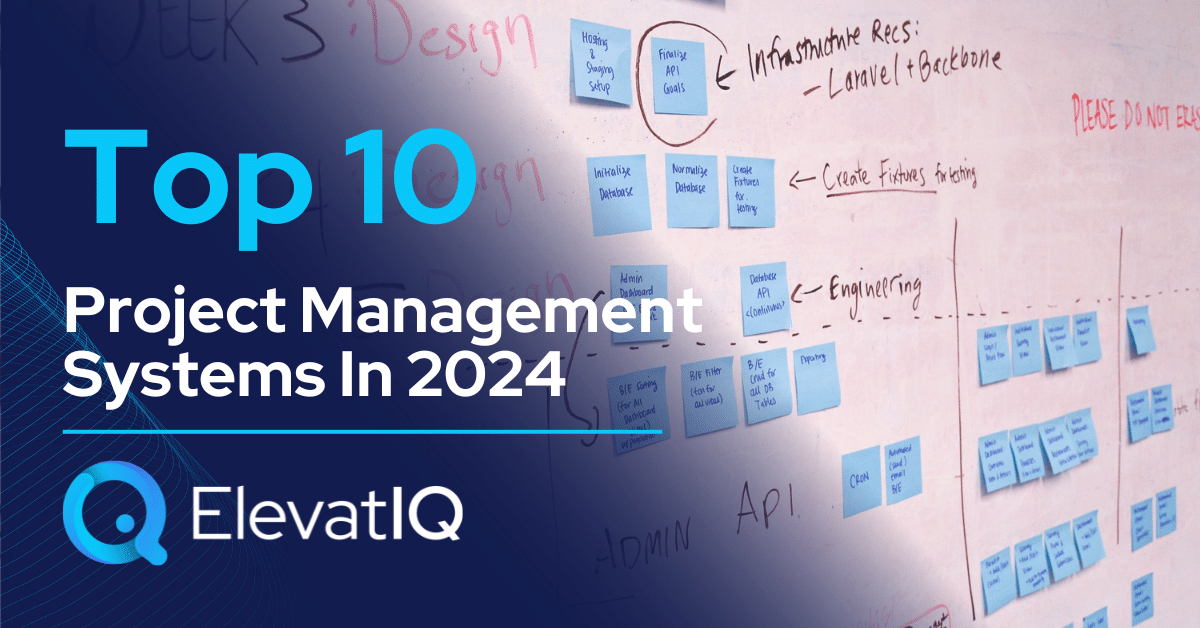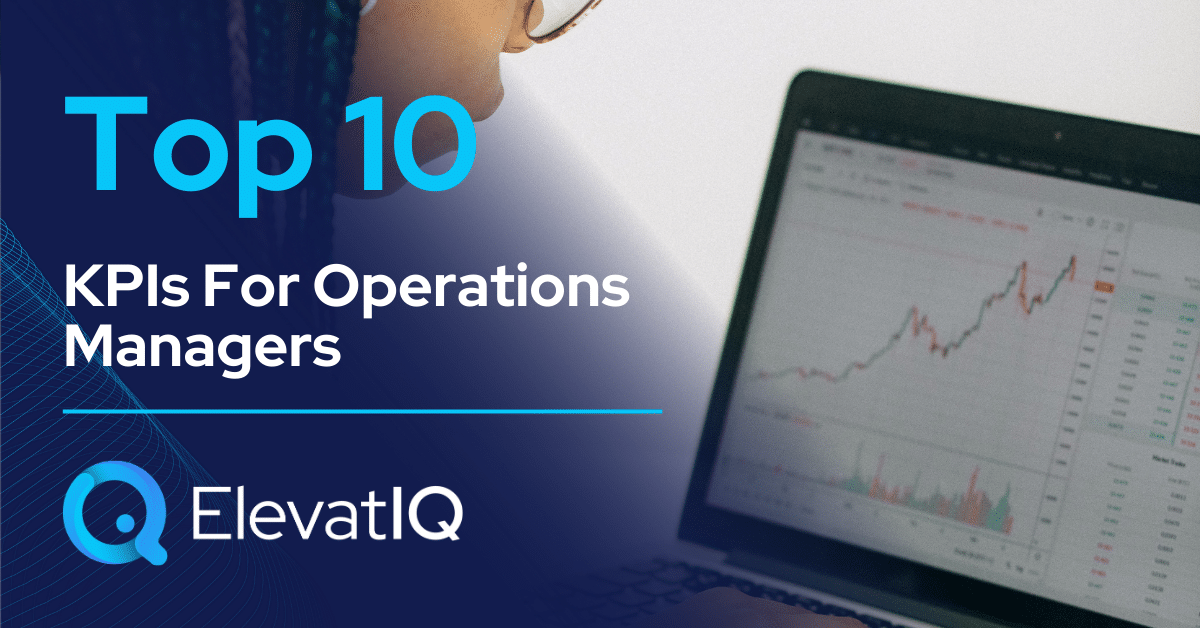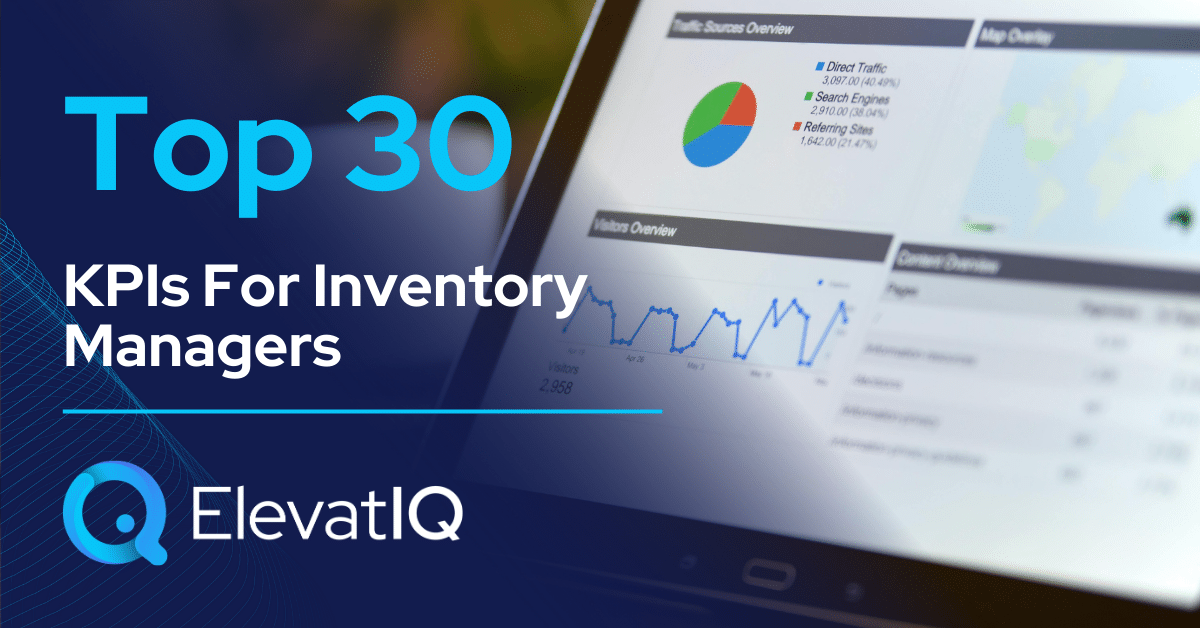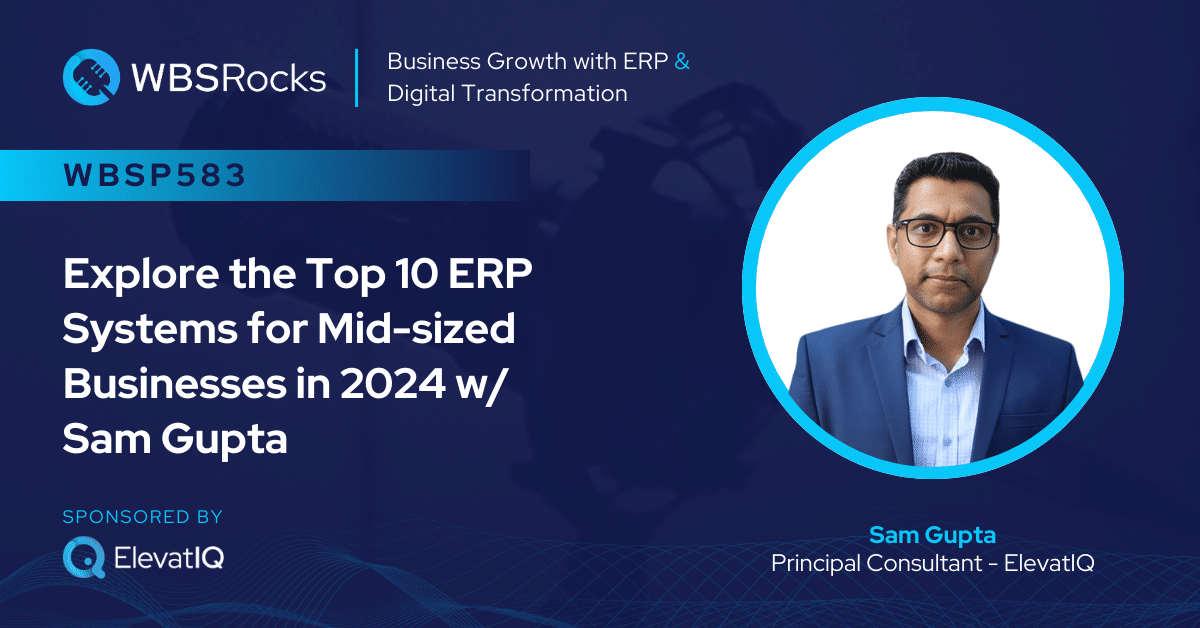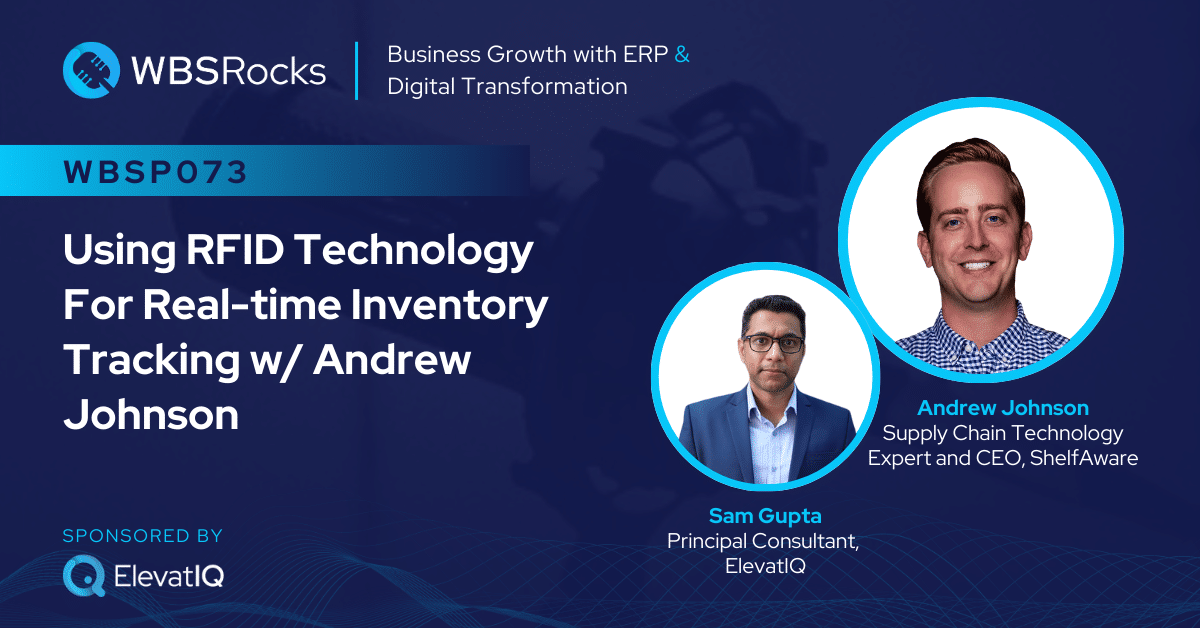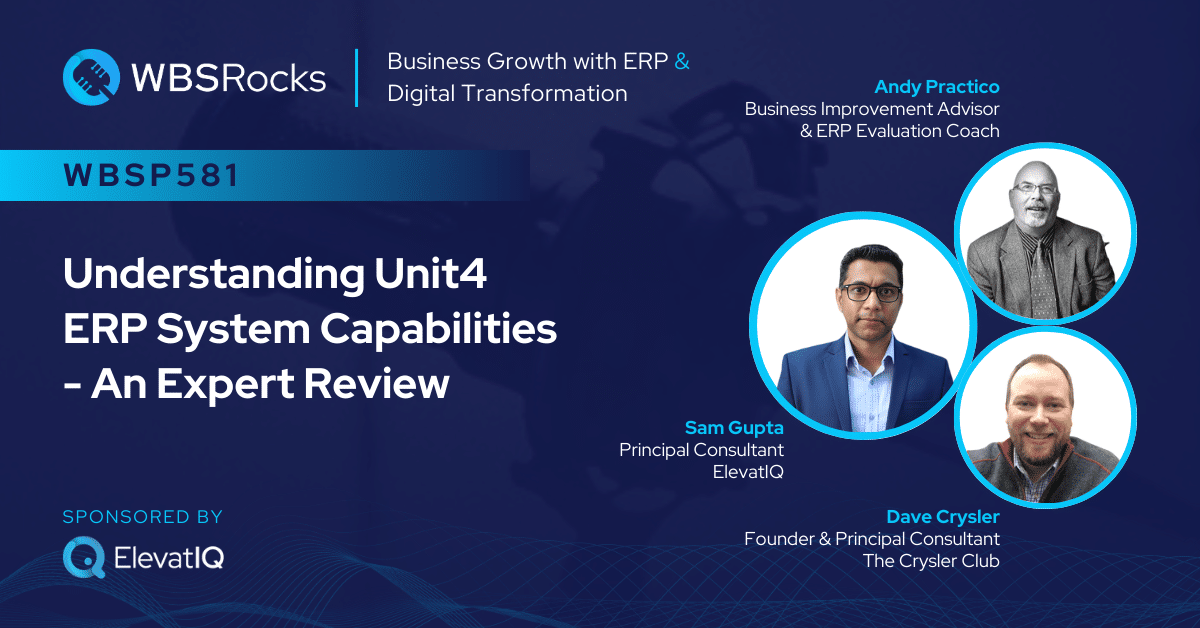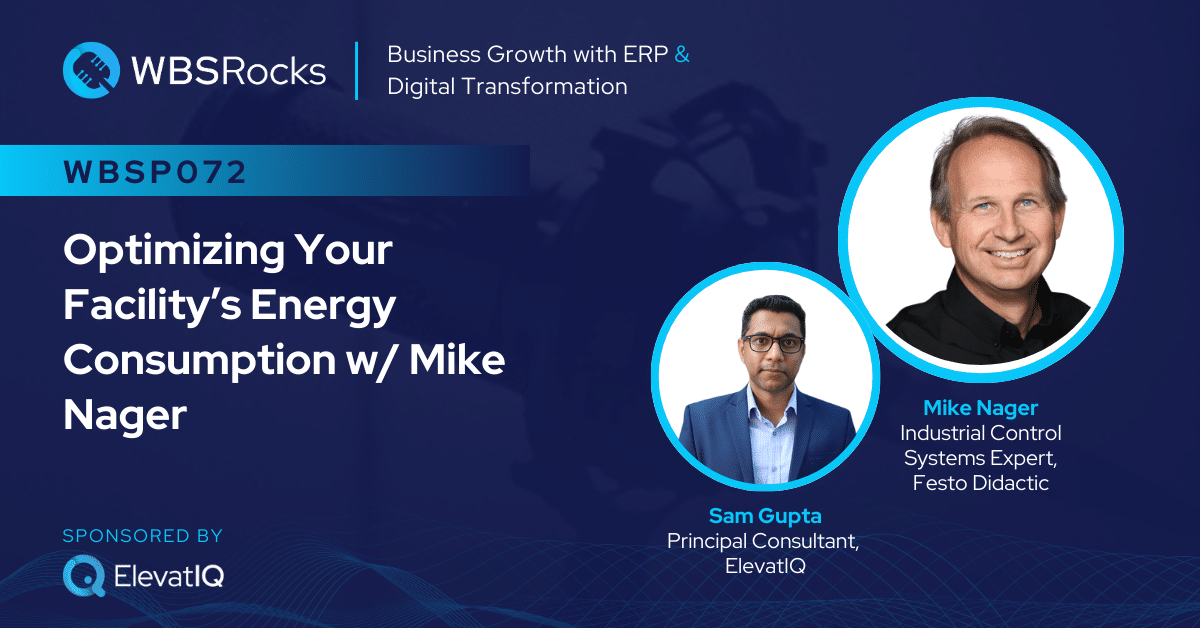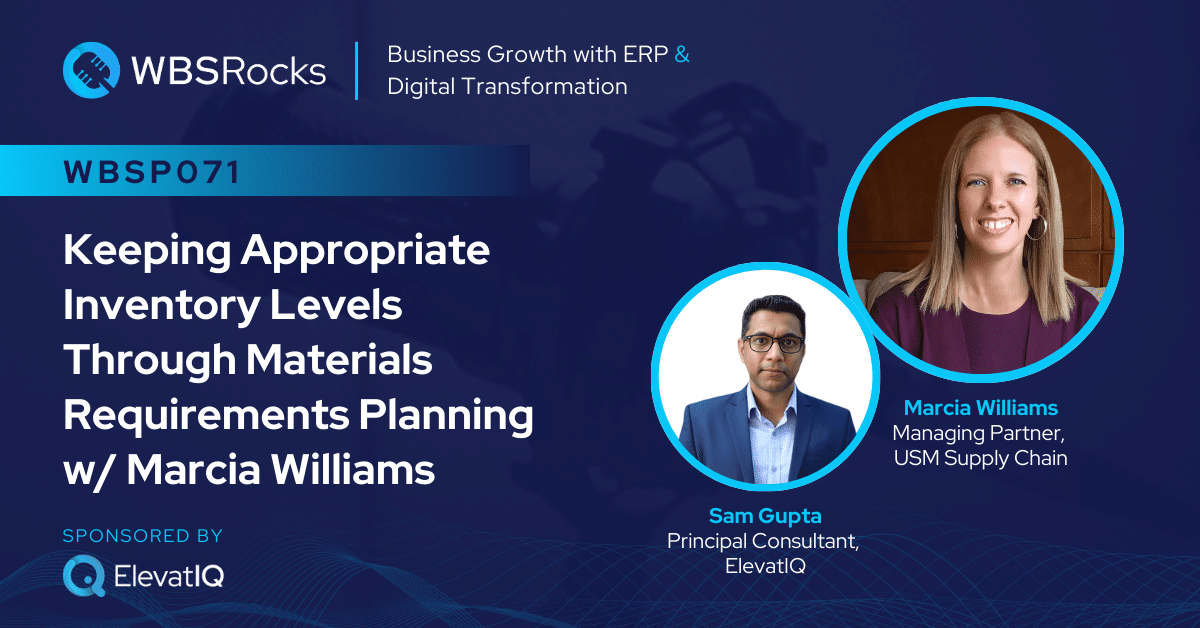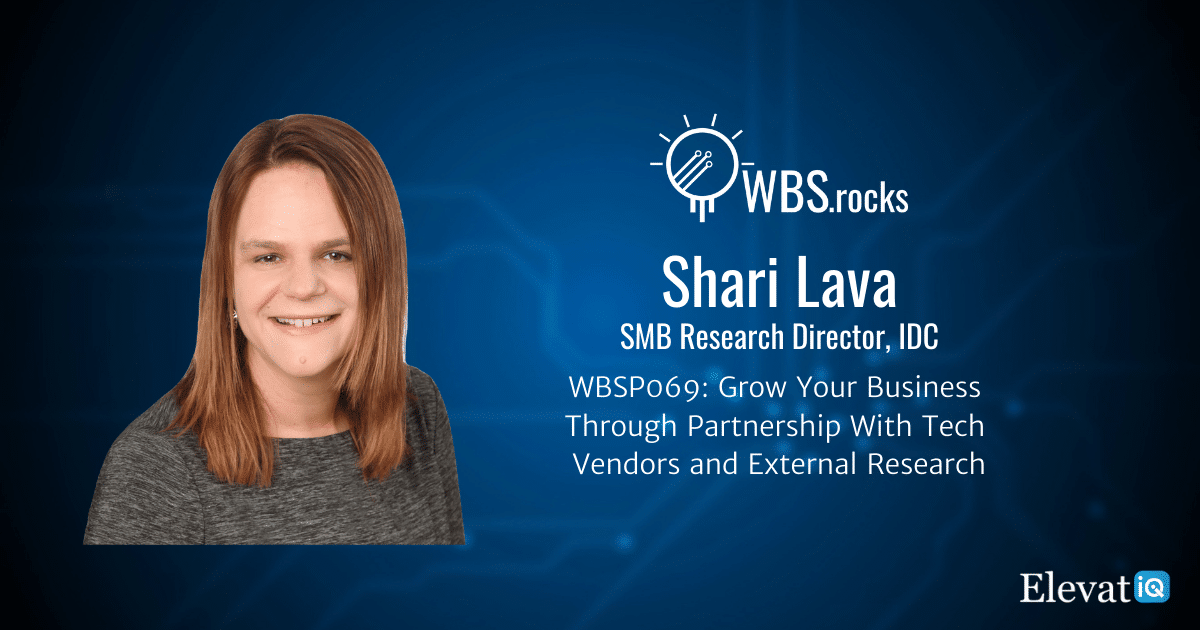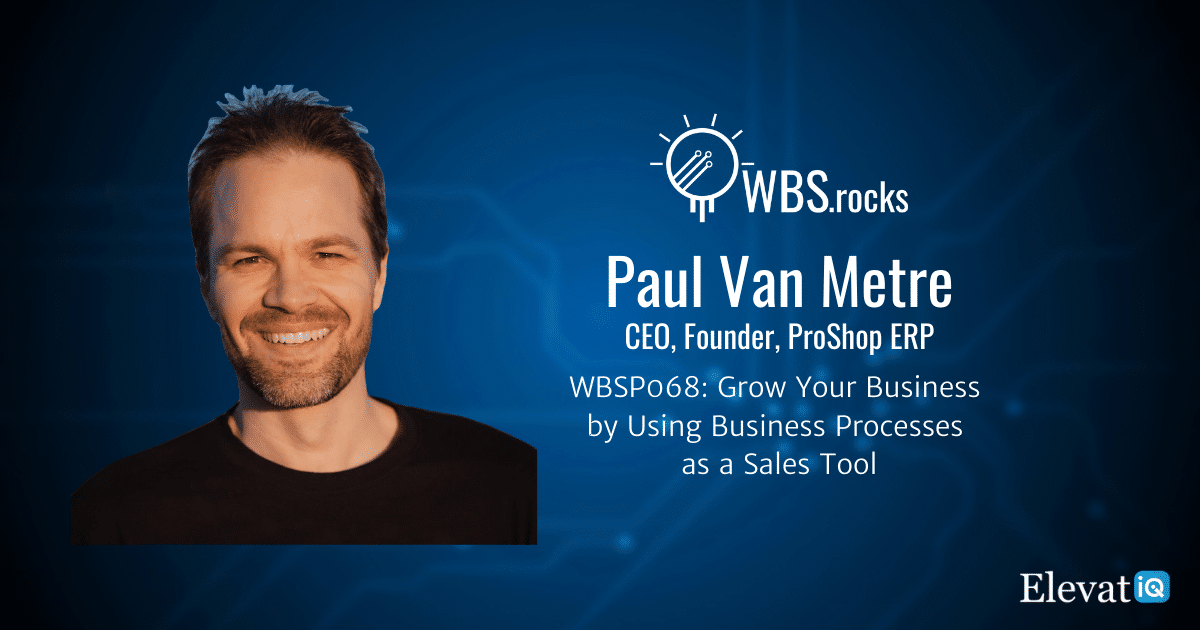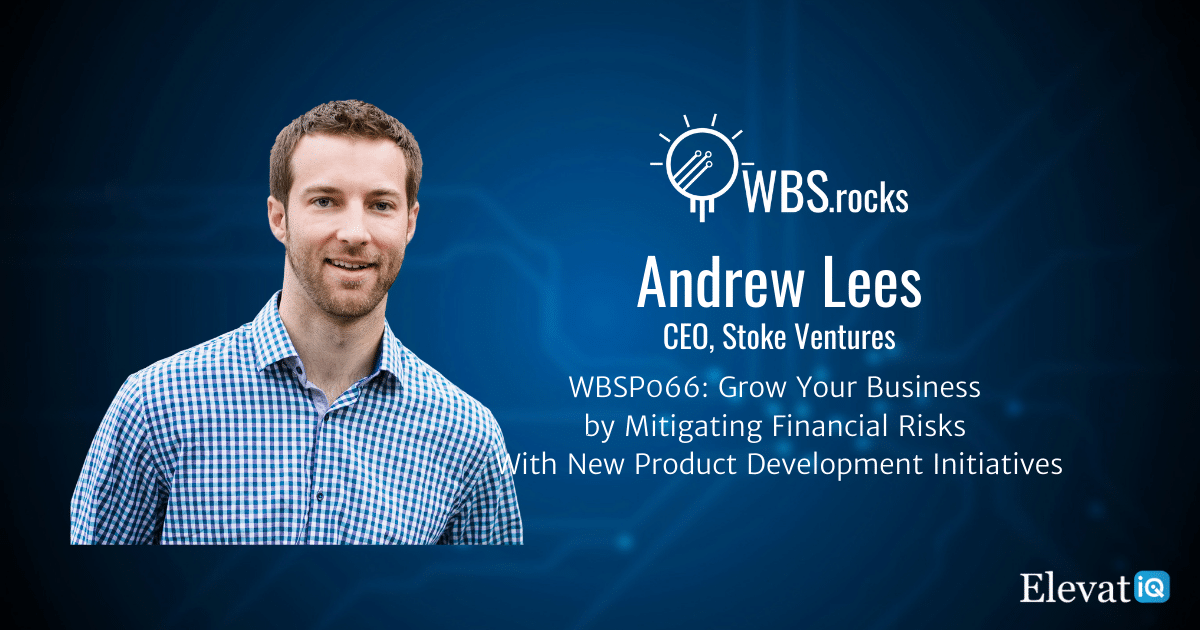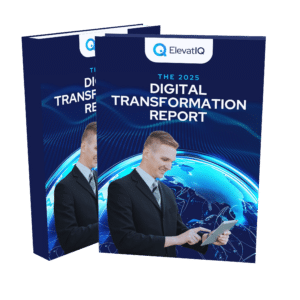Supply Chain Transformation Made Successful
Through the structured approach of reengineering supply chain processes, cleansing datasets, selecting software and building the architecture that scales.
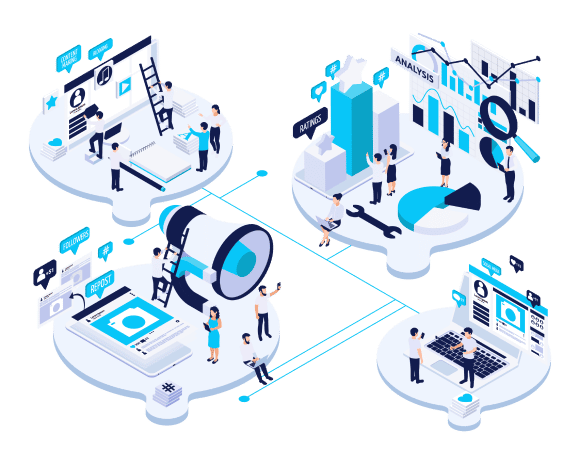
Problems We Solve for Companies
with Supply Chain Challenges
Why do companies face supply chain challenges? The challenges could be because of their planning maturity, data quality issues, or over-engineered systems. The challenges could also be demand forecasting or supply chain planning. They could be inventory and allocation issues. Finally, the challenges could also be no visibility into the supply chain across the network and poor material movement workflows.
Demand Forecasting Issues
Are you struggling with supply chain planning because of demand forecasting issues? Can’t forecast right and that drives overstocking of the inventory? ElevatIQ can help when companies struggle with demand forecasting issues.
Ad-hoc Processes to Ensure Timely Supply
Struggling to manage the international inventory? No visibility or tracking when the inventory might be sitting on a container? Always making ad-hoc adjustments to your MRP-generated plan to ensure supply? ElevatIQ can help companies when they might require ad-hoc processes to ensure timely supply.
Supply Planning Issues
Your demand planning is OK but can never expect supply on time because of supply chain issues and vendor reliability? Does the supply planning require substantial manipulations on spreadsheets? ElevatIQ can help when companies need help with supply planning.
Inventory Overstocking Because of Broken MRP Processes
BOMs set up as make-to-order when your processes could easily be make-to-stock? Current plan requires significant overstocking to meet the demand? Never tracked inventory turns? ElevatIQ can help with inventory overstocking because of the broken MRP processes.
Inventory and Allocation Issues
No visibility into 20% of the inventory and often need to reconcile based on GL? Struggling with firefighting because the inventory reserved for key customers may not be available? ElevatIQ can help with inventory and allocation issues.
No Quality Data from Suppliers and Customers
Not getting quality data from suppliers and customers? The data is up to 50% off with the actual demand and requires substantial adjustment in the forecast before the system can use it. ElevatIQ can help when companies are not able to plan because of poor-quality data from suppliers and customers.
Want to learn more about why independent consultants have a higher success rate with supply chain transformation?
Our Case Studies for
Supply Chain Transformation

Mergers and Acquisitions ERP Integration Failure Rescue
Download the mergers and acquisitions ERP integration failure Case Study and learn how Pride Sports struggled with Supply Chain and inventory allocation issues, as well as operational disruptions due to poorly planned M&A integration and ERP transformation project.
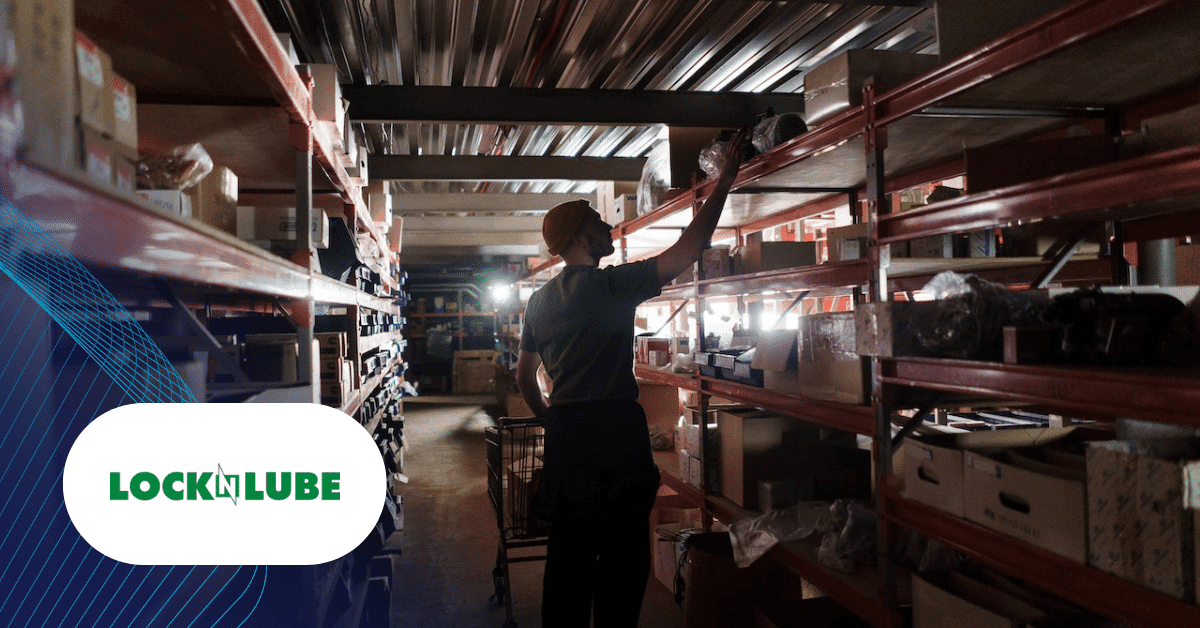
ECommerce Supply Chain Transformation With ERP Selection
Download the eCommerce Supply Chain transformation case study and learn how LockNLube transformed its inventory and supply chain challenges by consolidating over 20 systems. As well as by creating business, process, information, and system architecture as they prepare for the next phase of their growth.

Omnichannel ECommerce Customer Experience Transformation
Download the digital strategy and planning case study and learn how fashion retailer AKIRA built a digital roadmap and managed stakeholder expectations to transform its processes and systems — to explore newer business models such as buy-online-pickup-in-store and curbside pickup.
How is ElevatIQ different?
from Other Supply Chain Consulting Firms?
Unlike other Supply Chain consulting firms, ElevatIQ’s expertise is not just limited to supply chain and operations planning. ElevatIQ has much deeper capabilities with process transformation, reengineering, enterprise architecture, and system integration.
Want to learn more about how ElevatIQ is better qualified than other Supply Chain consultants?
Check Our Popular Supply Chain Blogs
Our
Supply Chain Services
ElevatIQ’s Supply Chain Consulting services include supply chain and operations transformation, supply chain technology architecture, supply chain software selection, sales and operations planning, inventory, warehousing, and logistics optimization, and supply chain network design and footprint optimization.
Supply Chain and Operations Transformation
Our Supply Chain and Operations Transformation services start with an assessment of the current pain points with the current systems and existing supply chain processes, metrics, and technologies. The assessment results in building high-level as-is and to-be processes and change management and process reengineering recommendations. Depending upon the changes required, the changes could be as small as a process or data changes. Or a complete process and technology transformation.
Sales and Operations Planning
This service helps in optimizing sales and operations, whether your current issues might be related to demand forecasting, supply planning, or transportation planning. The service starts with the analysis and assessment of your current KPI and issues, followed by a root cause analysis, and then finally, a systemic change approach, whether the changes may be related to the processes or data.
Supply Chain Technology Architecture
This service helps build supply chain technology architecture depending upon the number of systems involved in different areas of supply chain planning such as S&OP, TMS, WMS, OMS, or FMS. This service ensures the process boundaries of different systems, including master data governance workflows, and how all the systems would work together to deliver on the process and planning goals as per desired KPIs.
Inventory, Warehousing, and Logistics Optimization
This service helps with inventory, warehousing, and logistics optimization whether you are struggling with inventory excess and obsolescence issues, whether you are trying to improve any KPIs such as dock-to-stock ratio or inventory turns. This service takes a comprehensive approach to analyze your current warehouse design, material flow, and network design. And finally recommends any changes, whether they might be system or process related to meet the efficiency goals.
Supply Chain Software Selection
This service helps in selecting different supply chain software, including buy vs. build decisions. The process starts with setting clear boundaries of the process and interaction flow for the desired component, then building requirement and solution matrix to evaluate different solutions, including RFP development, vendor negotiations, and the voting process for the selection.
Supply Chain Network Design and Footprint Optimization
This service helps in designing the network when you might either be 3PL or need a complete supply chain traceability across carriers. As each shipment moves through each movement, your traceability challenges could be figuring out how you might be able to optimize the container space and revenue. As well as building the Supply Chain control tower.
Check Our Popular YouTube Videos
Our Methodology
for Supply Chain Consulting Services
Our methodology starts with the assessment of your current systems and existing supply chain technologies. This step is typically followed by business process reengineering, high and low-level design, implementation, and training.
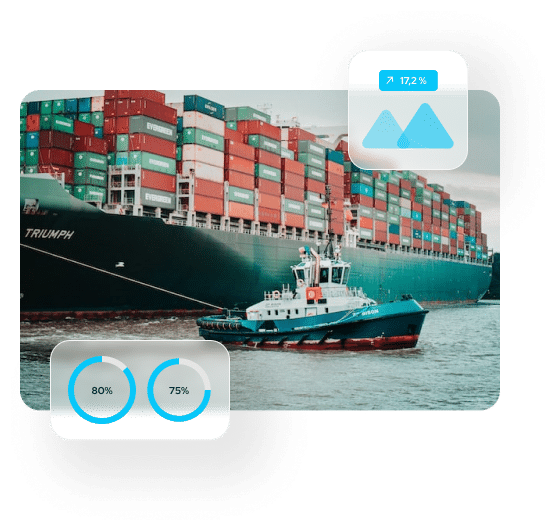
1 Assessment
This phase starts with the as-is and to-be analysis of the supply chain processes, current & future. It also analyzes current systems and architecture, as well as changes to the processes, master data, and integration points.
3 Solution Matrix Development and Technical Analysis
This phase takes a much deeper dive into business processes from the technical standpoint, including evaluating over 200 ERP systems against critical success factors. The solution matrix is continuously revised while aligning the expectations of all stakeholders as the process advances. This phase also performs technical analysis of workflows, mappings, and integration points.
5 Implementation
This step implements the changes identified, whether they are going to be system, process, or data related. This phase could be divided into multiple phases and milestones depending upon the complexity of each change, including the identification of KPIs and how the changes would be measured after each step.
2Requirements Matrix and Business Process Analysis
This phase captures requirements in the as-is and to-be process models. It also identifies the critical success factors that will drive the RFP and vendor demonstrations if a new solution needs to be implemented. If the changes are only related to the process and data, then the change analysis is performed, including designing workflows for each stakeholder impacted.
4 Solution Selection and Contract Negotiations
This phase would be a series of demos to evaluate the capabilities of a solution and align stakeholders in how their life would be with the new supply chain systems. After each demo, the stakeholders are briefed on the potential pros and cons of each solution. This phase might also include contract negotiation of the software and services agreement. This phase is optional if the process or data changes are the only ones required to solve supply chain issues.
6 Adoption and Optimization
Post-implementation, this step helps in gathering feedback from the users if the initiative is aligned with their expectations. As well as whether the new supply chain processes and architecture have helped them hit their KPIs.This phase iterates until the stakeholders confirm the results of the new changes.


